
The Minimally Invasive Surgery Fellowship in the Department of Surgery is a one-year program that provides comprehensive surgical training in addition to extensive research and professional development resources.
The Minimally Invasive Surgery (MIS) fellowship program at the U-M Medical School is committed to training the next generation of leaders in the field of academic surgery. The fellowship focuses on honing clinical skills, academic productivity, educational opportunities, and leadership development.
- Clinical Skills: Fellows will gain experience with a high volume and variety of cases across a tertiary care hospital, community hospital, and outpatient center.
- Academic Productivity: We aim to train the next generation of academic surgeons with a wide range of academic and research interests. We offer extensive mentorship, infrastructure, and resources to support academic success, including our research centers.
- Educational Opportunities: Fellow will attend and instruct at MIS teaching conferences, in addition to mentoring residents and medical students through presentations and in clinical settings.
- Leadership Development: We are committed to developing our next generation of leaders in minimally invasive surgery. There is a Leadership Development Program that will be available for the fellow, as well as additional mentorship, support and sponsorship resources.
Fellowship applicants are considered through the Fellowship Council (FC) application and match program.
2920 Taubman Center
1500 East Medical Center Drive
Ann Arbor MI 48109
Fellows will have a robust clinical experience across our clinic locations at the U-M Medical School and partner institutions with a variety of cases, ranging from routine to unique. Cases will include:
- Primary and revisional bariatrics
- Advanced flexible endoscopy
- Complex abdominal wall hernia repair
- Foregut
- General surgery
Fellows will have the opportunity to work with multiple surgeons within the division to enhance their fellowship experience. In addition, they will have opportunity for independent practice and operative supervision of mid-level residents towards the latter half of the year.
Current fellows are training to become future leaders in surgery. We emphasize teamwork, excellence, and leadership while preparing our fellows with resources to be successful in their careers.
The MIS/Bariatric service will cover ten months of the fellowship (including University Hospital and Chelsea Hospital). During this time, the fellow will attend clinic when not in the operating room, on average one day per week. Time in the clinics will include new patient evaluations, return visits and post-operative follow up visits. The advanced endoscopy, GI motility, and outpatient experience rotations will span two months, where the fellow will gain exposure and expertise in interventional and bariatric endoscopy, foregut testing, and comprehensive ambulatory care of the bariatric and complex abdominal wall patient.
The fellow will also participate in weekly MIS teaching conferences, in addition to monthly multi-disciplinary meetings dedicated to patients with complex hernia, bariatric, and foregut conditions.
Explore additional program details from the Fellowship Council
The Michigan Promise aims to empower faculty members and residents in the Department of Surgery to achieve professional success. We support initiatives connected to environment, recruitment, leadership, achievement, innovation and outreach.
The fellow will have access to the U-M Medical School's extensive research and scholarship resources during their training experience. The Center for Healthcare Outcomes and Policy (CHOP) offers resources, collaborators, and support for outcomes research. The Center for Basic and Translational Science (CBATS) is a repository of basic and translational research support, and the Center for Surgical Training and Research (CSTAR) supports surgical education research. Additionally, the Department of Surgery includes the only two R01 basic science researchers in bariatric surgery, Dr. Randy Seeley and Dr. Robert O’Rourke, both of whom will provide mentorship, lab space and resources.
- Desmond Huynh, MD
Residency: Cedars-Sinai
Practice: Cedars-Sinai
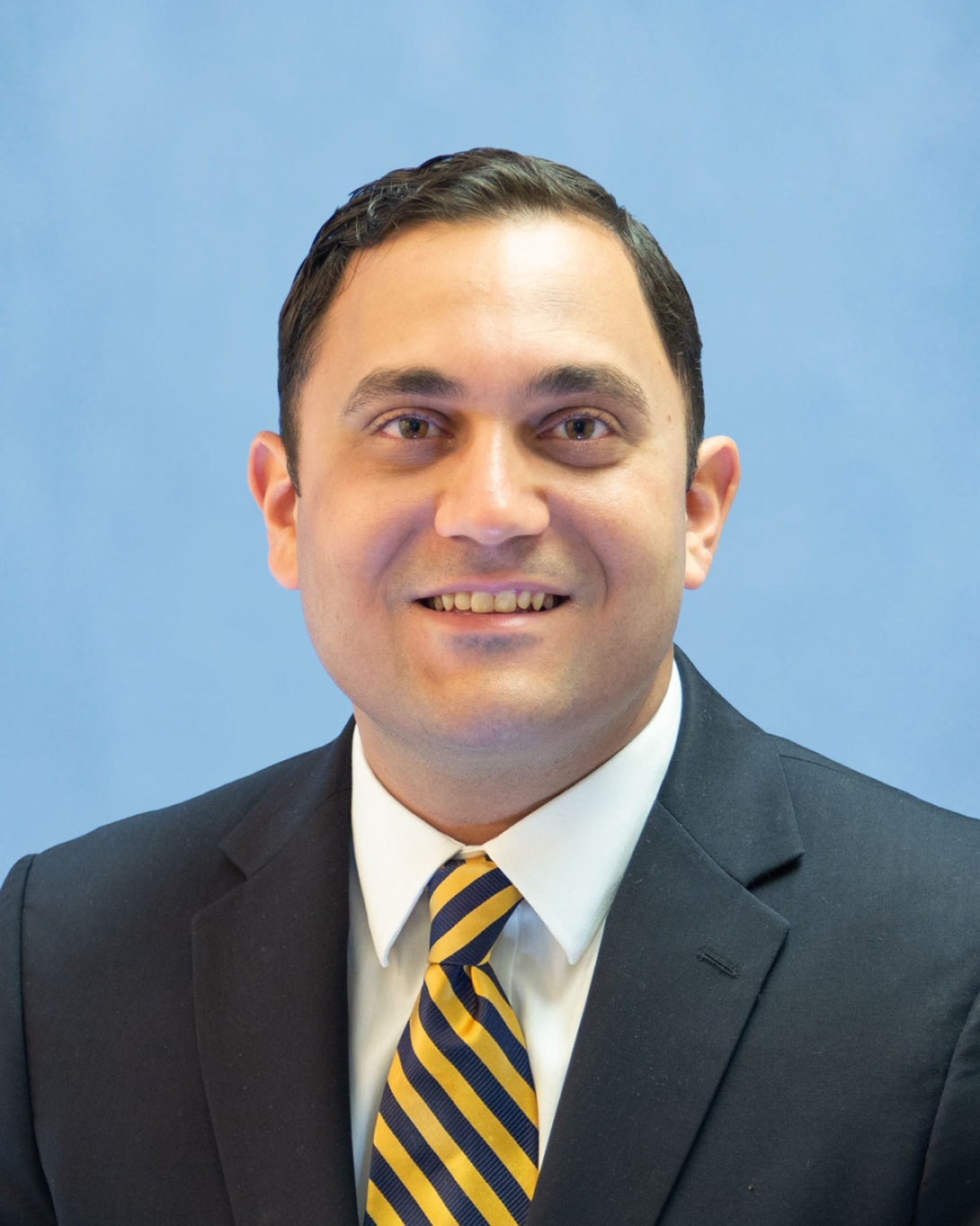
Associate Chair
Department of Surgery and Medical Director
UMMG
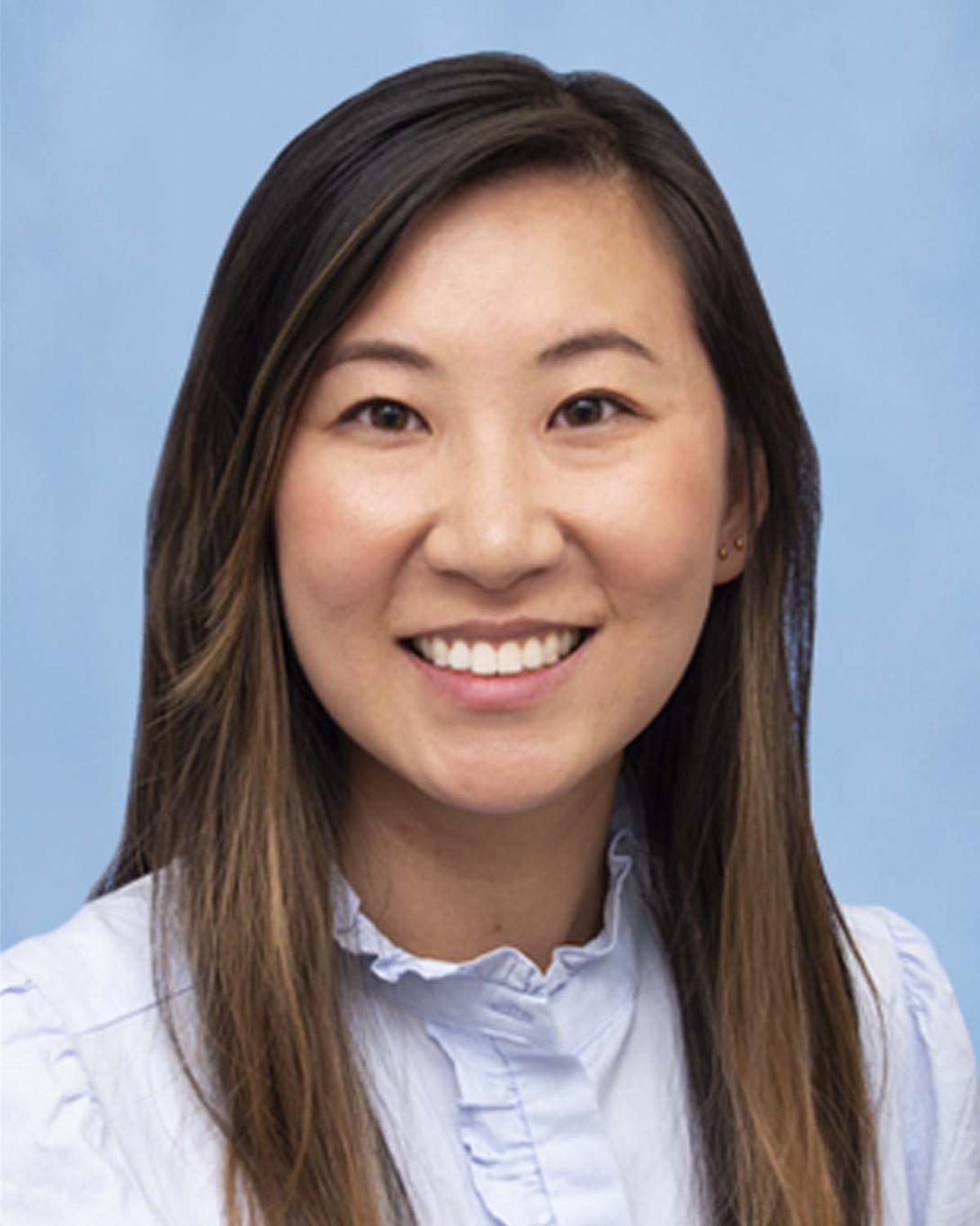
Clinical Assistant Professor of Surgery
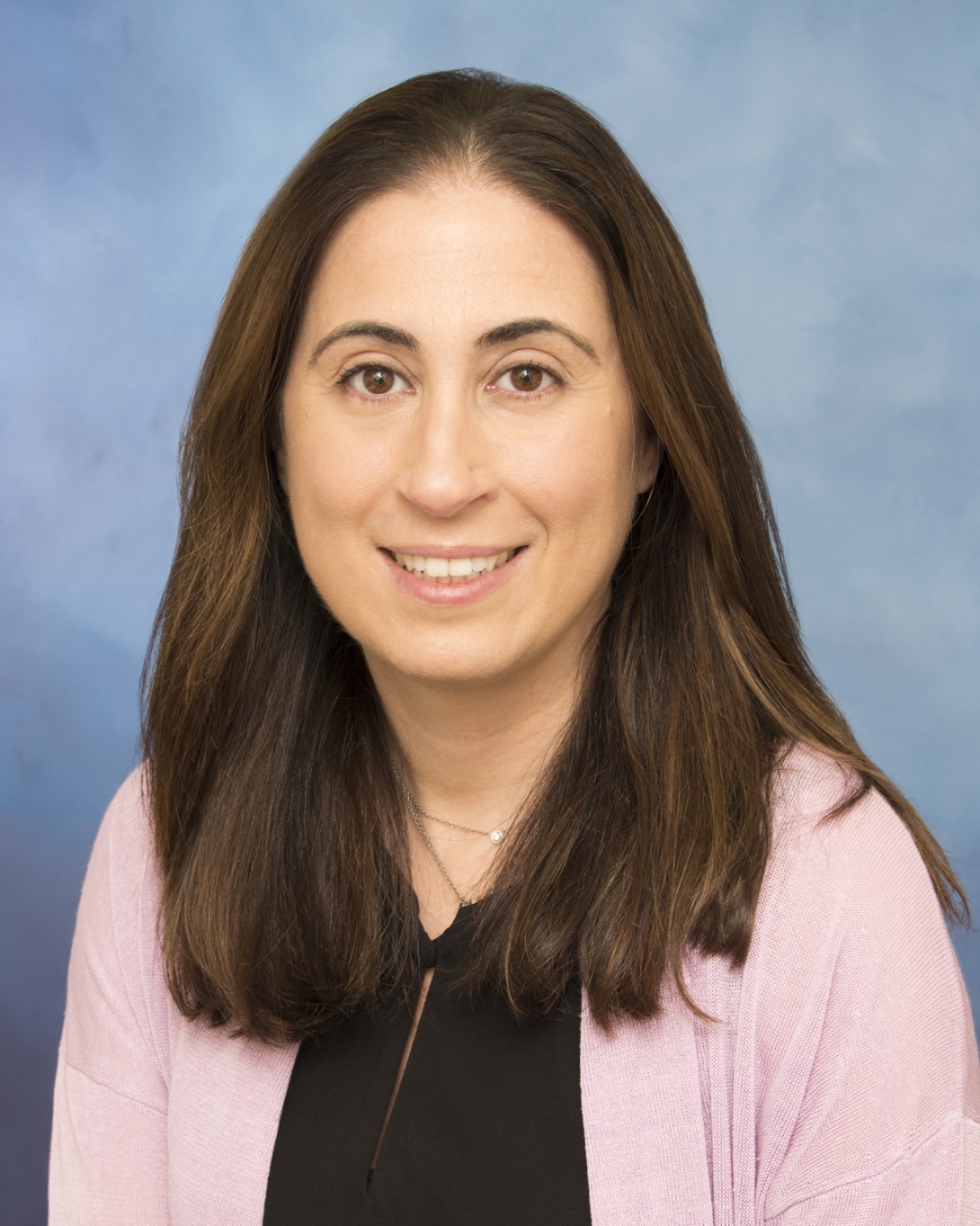
Associate Chair, Department of Surgery
Professor of Surgery
Section Head, Surgery
Service Chief
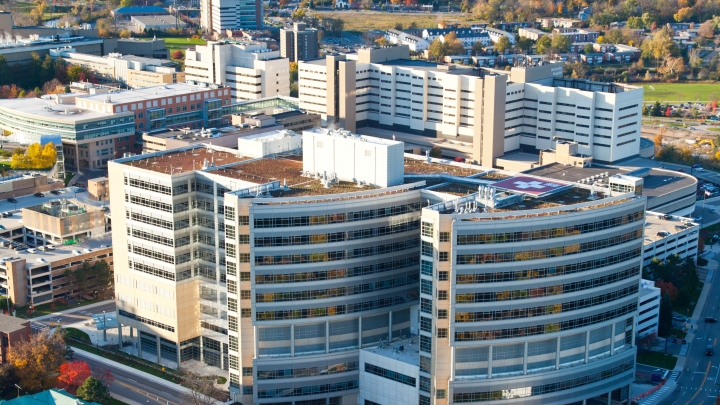
Expand your career trajectory in a high-volume academic medical center that also supports and excels in a wide range of basic science, translational and clinic outcomes research programs.
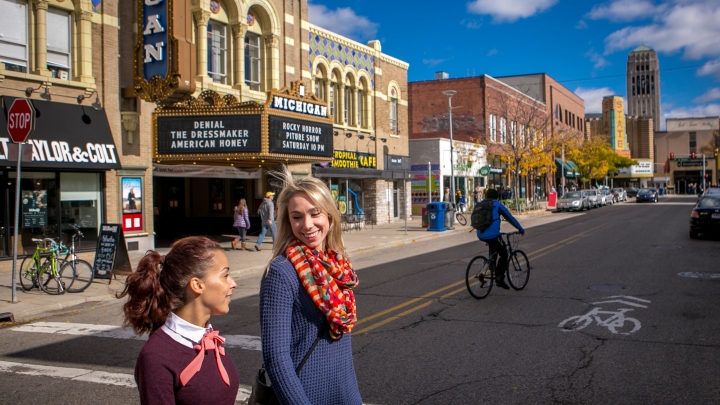
We find a new reason to love Ann Arbor nearly every day — year-round outdoor activities, cultural experiences, a growing food scene, and a welcoming, family-friendly atmosphere are just a few that come to mind. Explore all that Ann Arbor and our surrounding communities have to offer.